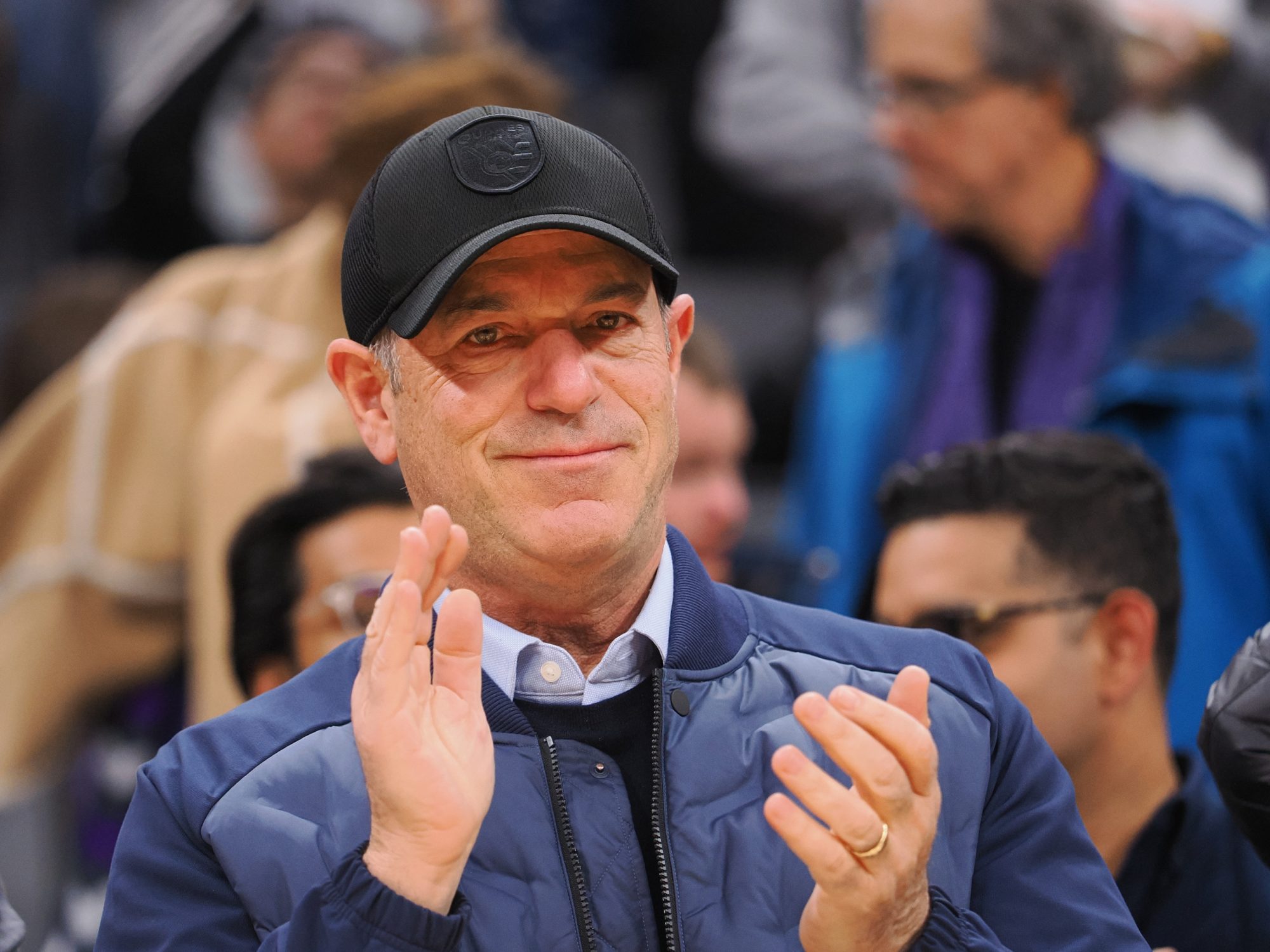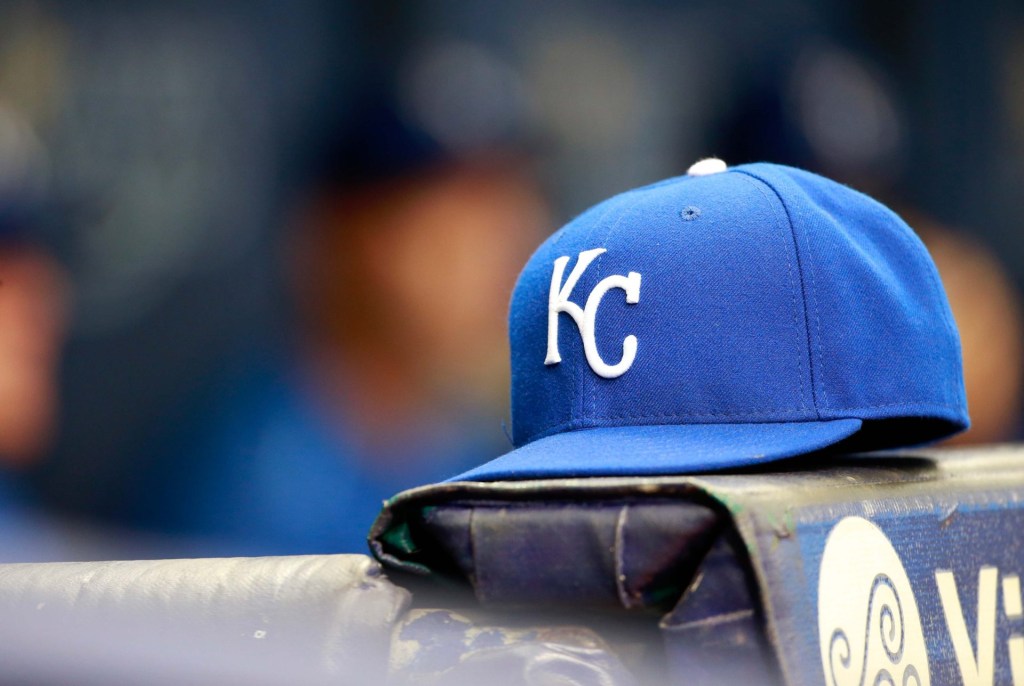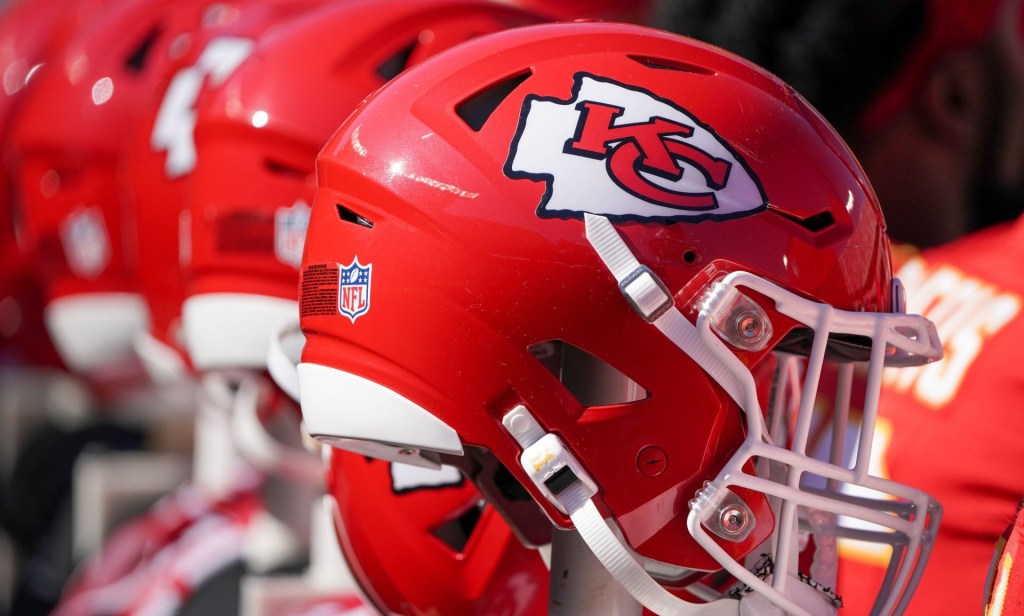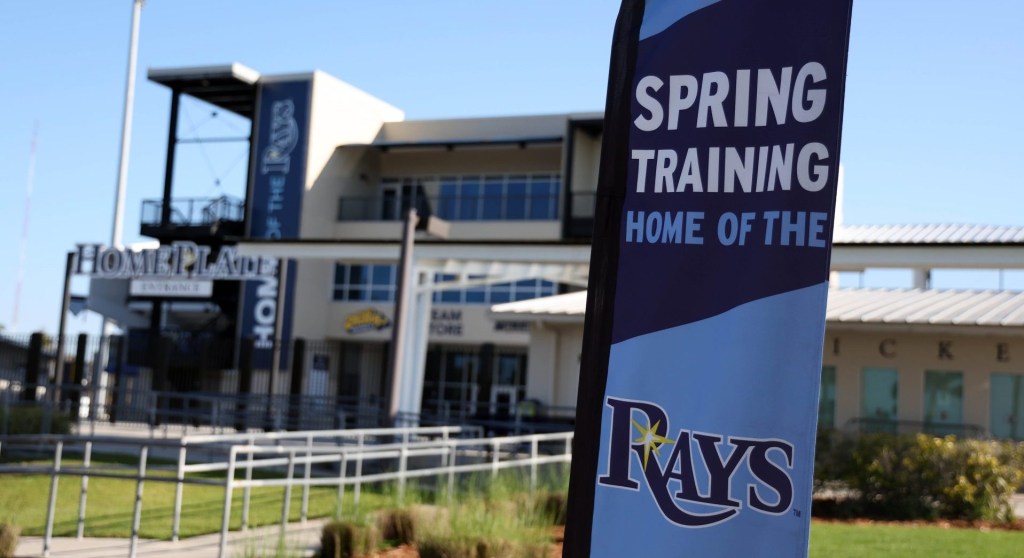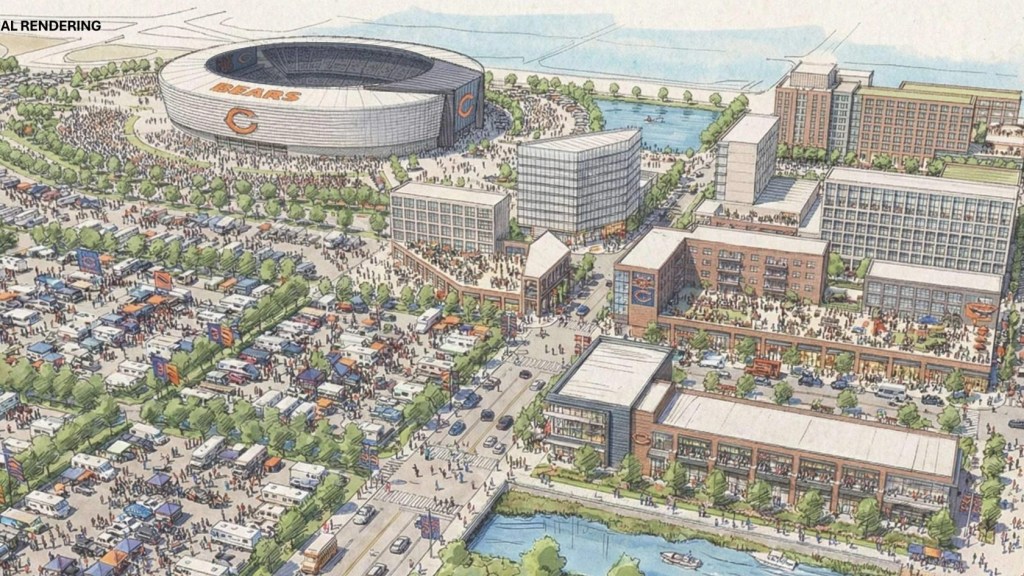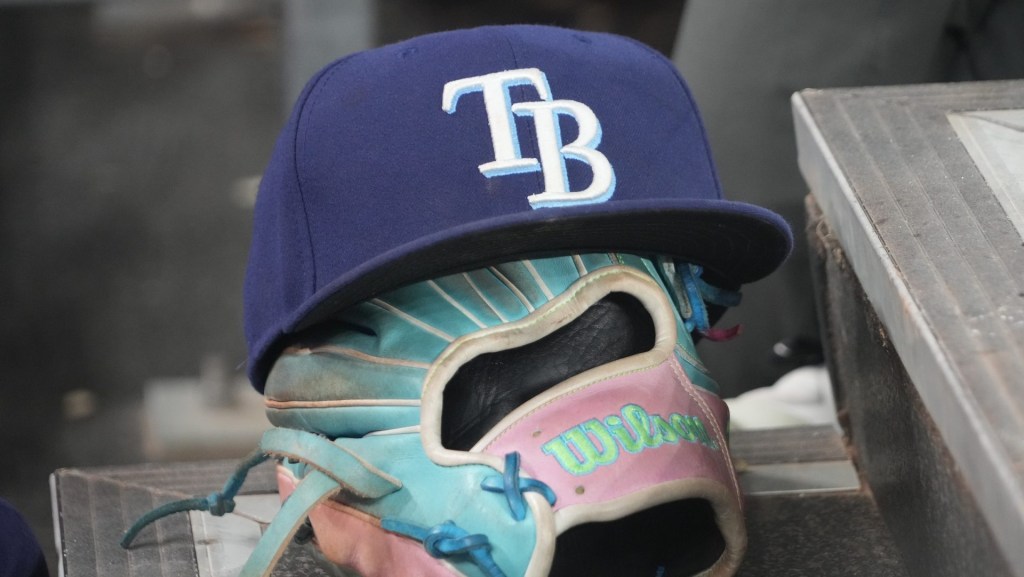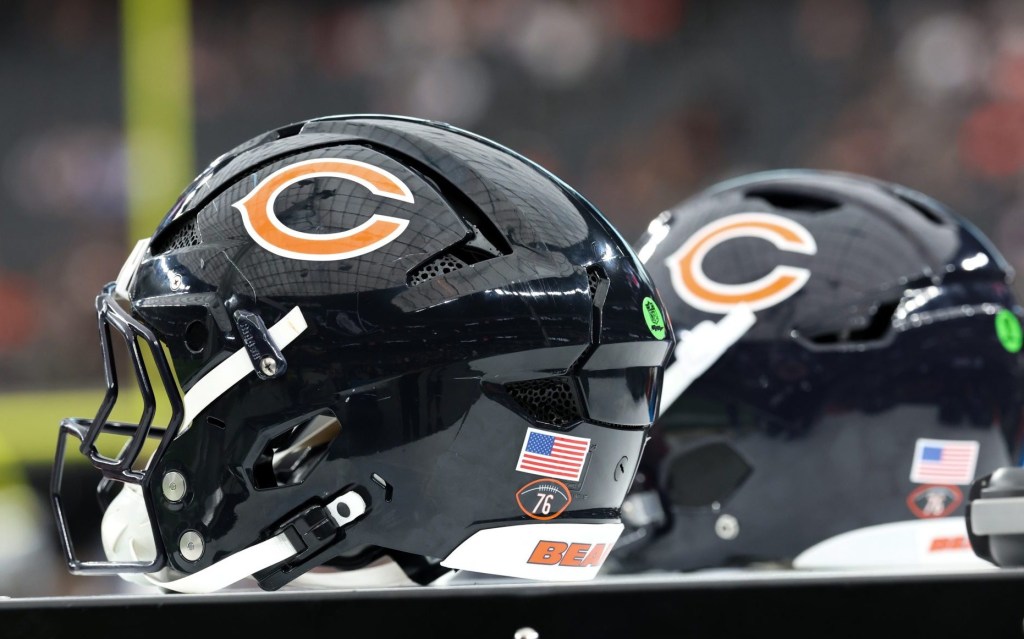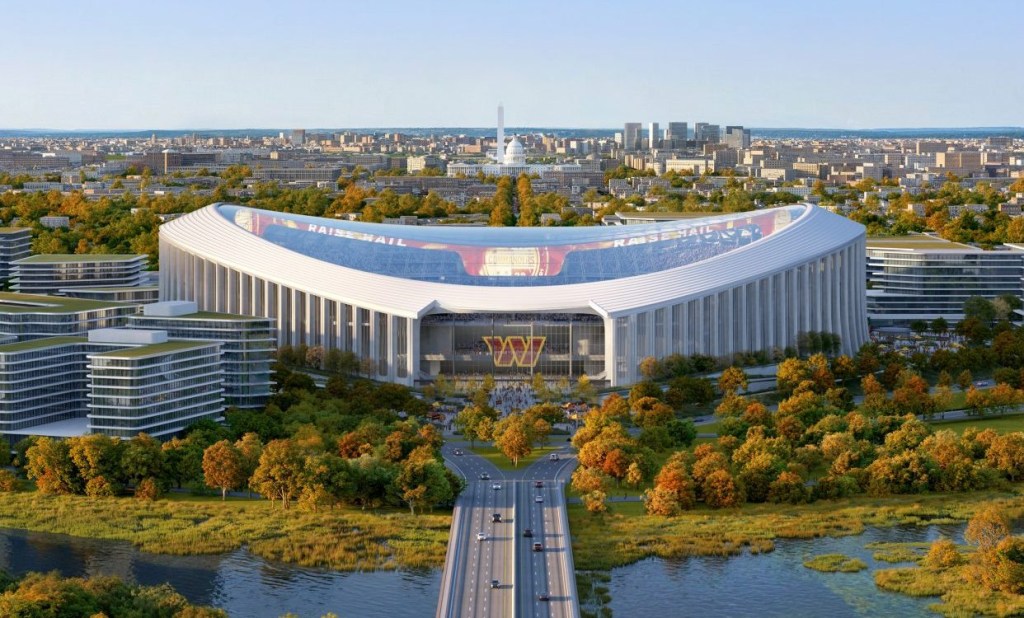A’s owner John Fisher will need to dig deeper into his personal fortune to fund the team’s planned stadium in Las Vegas, but that city’s stadium authority and two leading financial institutions say he is fully capable of doing that.
The Las Vegas Stadium Authority said a ballpark initially projected to cost $1.5 billion now carries a $1.75 billion price tag. That increase owes heavily to a series of upgrades such as enhanced general-admission spaces, improved player amenities, and additional club and suite space—in addition to more standard hikes in construction expenses. The new costs are entirely Fisher’s responsibility as the public-sector contribution toward the project is capped at $380 million.
The exact parameters of how Fisher intends to fund that $1.37 billion is still not entirely clear, as he is still marketing potential minority equity interests in the club. But Goldman Sachs and U.S. Bank are providing a $300 million construction loan, and Fisher is pledging that he and his family will contribute up to $1.1 billion.
“We conclude that the Fisher family and their related entities have financial assets (excluding their interest in the Athletics Major League Baseball franchise) more than sufficient to fund the equity portion of the proposed capital structure for the Athletics’ Las Vegas stadium,” U.S. Bank SVP Stephen Vogel wrote in a letter to the stadium authority.
Fisher, an heir to his family fortune through The Gap retail empire, has an estimated net worth of $3.2 billion.
The stadium authority will meet Thursday and is due to approve a series of agreements related to the A’s stadium.
Building Matters
The latest financial news about the new stadium arrives about two months after the former Tropicana Las Vegas resort was demolished, helping clear the way for the new stadium on that site along the famed Las Vegas Strip.
Last month, MLB commissioner Rob Manfred sought to dispel ongoing doubts about the Las Vegas stadium, and he said the project remains on track for a planned 2028 opening.
“John Fisher is completely committed to the process,” Manfred said during owners meetings in New York. “They’ve gone through the process of demonstrating that whether or not he takes on local partners, he has the capacity to build the stadium. We’re full speed ahead.”
Meanwhile, work continues at Sutter Health Park in Sacramento, the club’s temporary home for the next three seasons, to prepare for the arrival of the A’s. The facility will use a grass field after a prior, and much debated, consideration of installing artificial turf.
